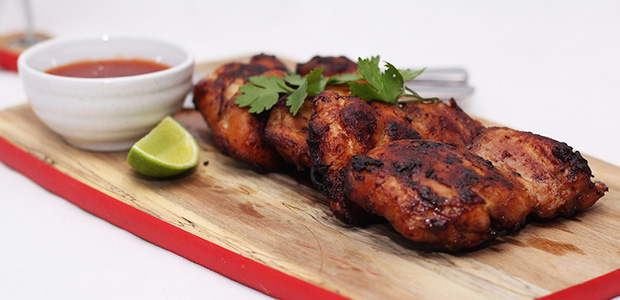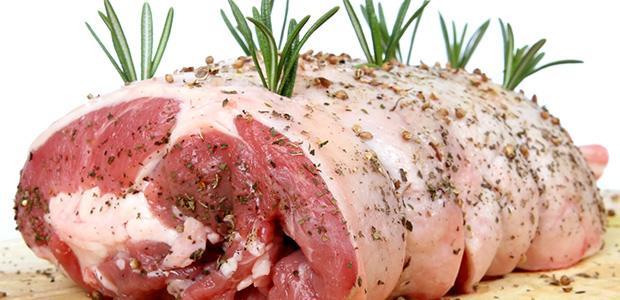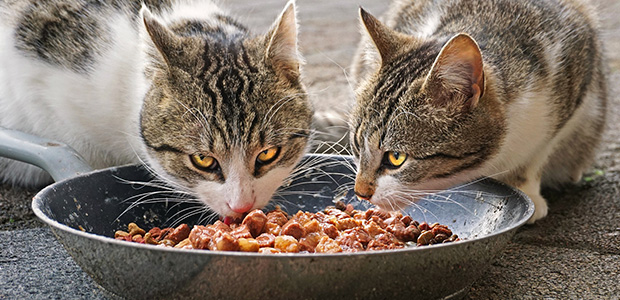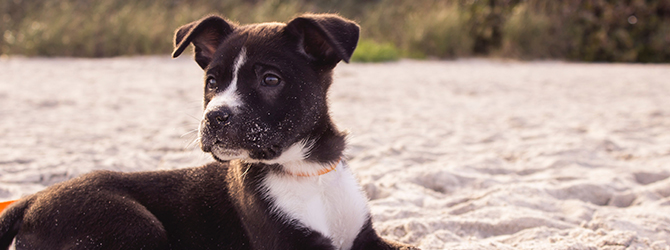Can puppies eat meat?
First Published: 21/07/2020
Last Updated: 30/10/2023
You’ve brought home your new puppy and they’re already your best friend.
You’re busy house-training them and along with toys and play, you want to reward them with some tasty treats.
Let’s take a look at some of the most-searched ‘Can my puppy eat…’ queries on the web. This time, the focus is meat!
Before we start… Your puppy’s diet should comprise a minimum of 90% specialised puppy food. Many home-produced diets exclude important vitamins and minerals, so should only be given with the advice of a qualified veterinary nutritionist.
Human foods should be given as snacks only, and should take up no more than 10% of your puppy’s daily diet. That’s the case for safe human snacks - many, such as chocolate (including white chocolate), grapes and xylitol (sugar substitute) are poisonous to dogs and should be avoided altogether. To keep your puppy safe, always do your research before feeding them a new type of treat.
Can puppies eat chicken?
Yes. Lots of commercial pet food brands contain cooked chicken so there’s nothing wrong with feeding cooked chicken to your puppy. It’s a healthy (and lean) source of protein.
However, to ensure your new puppy gets all the right nutrients they need for healthy growth, make sure you also feed them a diet that’s labelled ‘complete and balanced’.
For more help and advice on your new puppy’s diet, have a chat with your local vet.

Can puppies eat ham?
In small doses, yes, but try not to make a habit out of it.
Ham is high in fat and salt. If dogs eat ham too often, they can be at risk of weight gain and all the associated risks such as diabetes and heart disease. The salt poses risks too; ingesting too much salt can cause puppies to suffer vomiting and diarrhoea, and in the long-term it can lead to kidney damage and other illnesses.
Ham may be a tasty snack, but it’s better to look elsewhere when deciding which snacks to give your dog.
Read more: Can puppies eat... fruit and vegetables?

Read more: How much should my dog weigh? How to tell if you have an obese or overweight dog.
Can puppies eat raw meat?
There’s a lot of debate around this subject, and it’s difficult to offer up a simple yes/no answer to pet owners.
Dogs can digest raw chicken and other meats, but this doesn’t necessarily mean that raw feeding is the best choice. The point in favour of raw feeding is that when meat is cooked, lots of the nutrients break down and then need to be re-added. The argument against raw feeding is that cooked food, meat in particular, is easier for puppies to digest - and to extract nutrients from.
Another thing to consider with raw feeding is the risk of Salmonella and E. Coli. Our puppies can be put at risk of these pathogens, and because certain bacteria linger in our pets’ mouths (and in their faeces), humans can be at risk too.
If you have young children, it’s probably best to steer clear of feeding raw meat to your puppy.
For more help and advice on whether raw feeding would be right for your pet, have a chat with your local vet.

Read more: Children and pets: introducing a pet to your children.
Can puppies eat bones?
Puppies may love the taste of a meaty bone, but both raw and cooked bones can pose a serious choking hazard, not to mention gastrointestinal foreign bodies.
A bone may split while your puppy is eating it. This can lead to serious scratching or scarring. Just like raw meat, raw bones carry the risk of Salmonella, so it’s really better to avoid feeding bones to your puppy.
If you’re looking for a bone-like treat that your puppy can enjoy for a prolonged period of time, if you’re leaving the house for example, chat to your vet about chewable treats and puzzle feeders.

Read more: 5 dog enrichment ideas: how to keep a dog entertained at home.
Can puppies eat cat food?
No. Cats are obligate carnivores whereas dogs are omnivores. This means that cats can get all the nutrition they need from meat, while dogs - especially growing puppies - need other vitamins and nutrients in order to stay in optimum health.
Cat food tends to be high in fat, protein and calories, so it’s not the best fit for dogs. You should avoid feeding cat food to your dog on a regular basis because this can lead to nutritional deficiencies and weight gain - plus all the complications that come with it. Let cats eat cat food and dogs eat dog food!

Read more: Can puppies eat... eggs, nuts and dairy?
There are many types of dog foods out there. If you’re spoilt for choice, consider having a chat with your local vet - they’ll be happy to provide nutritional advice that’s tailored to your specific puppy!
Find your nearest vet using our Find a Vet page, or speak to a vet online using Online Vets.


